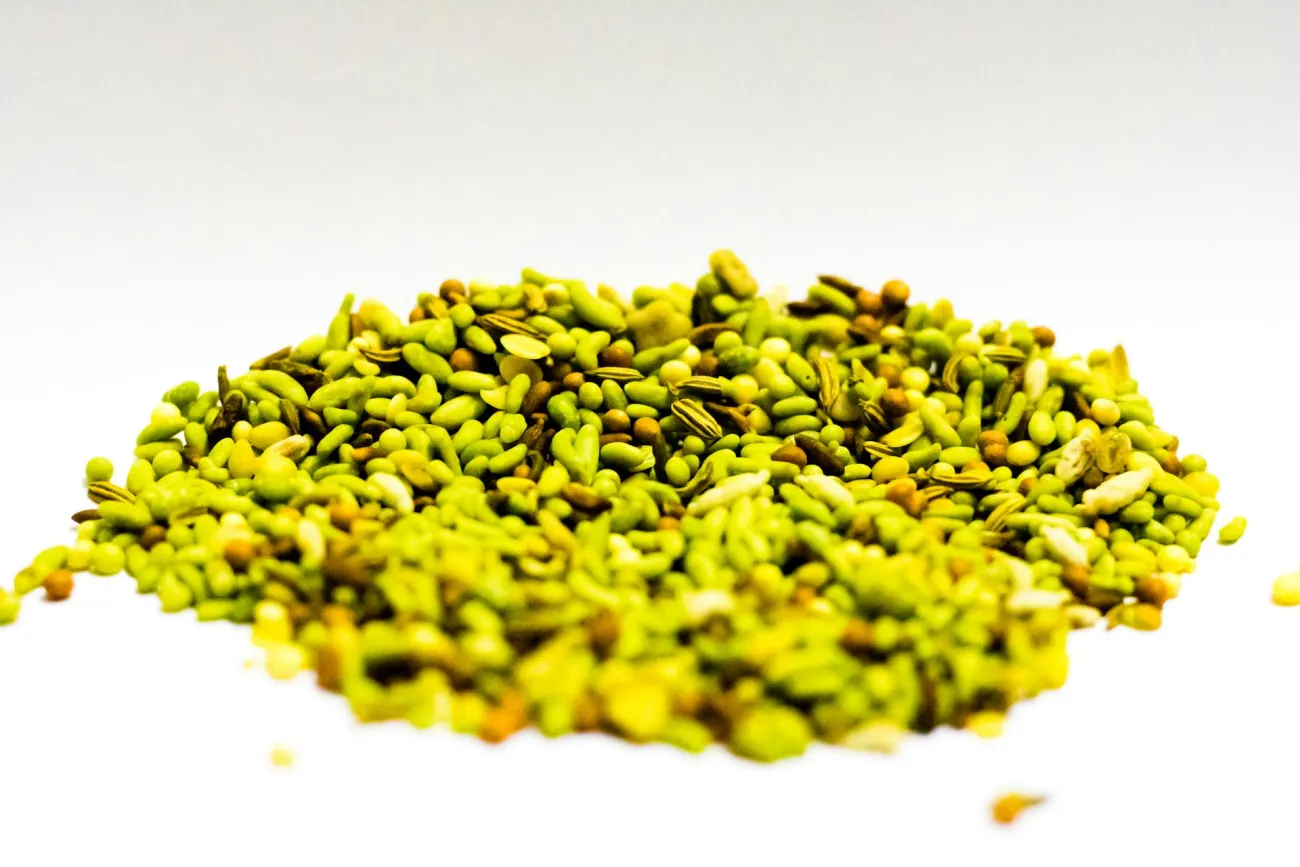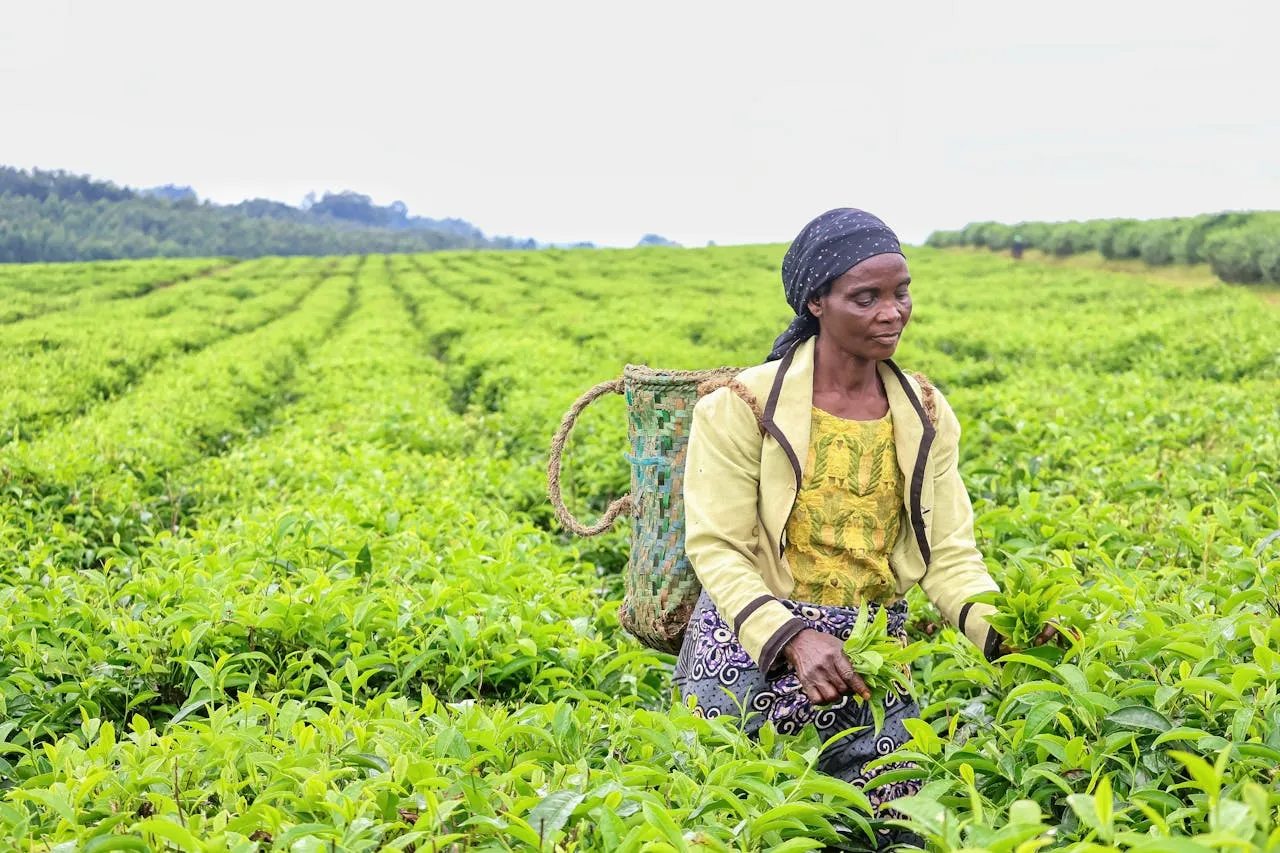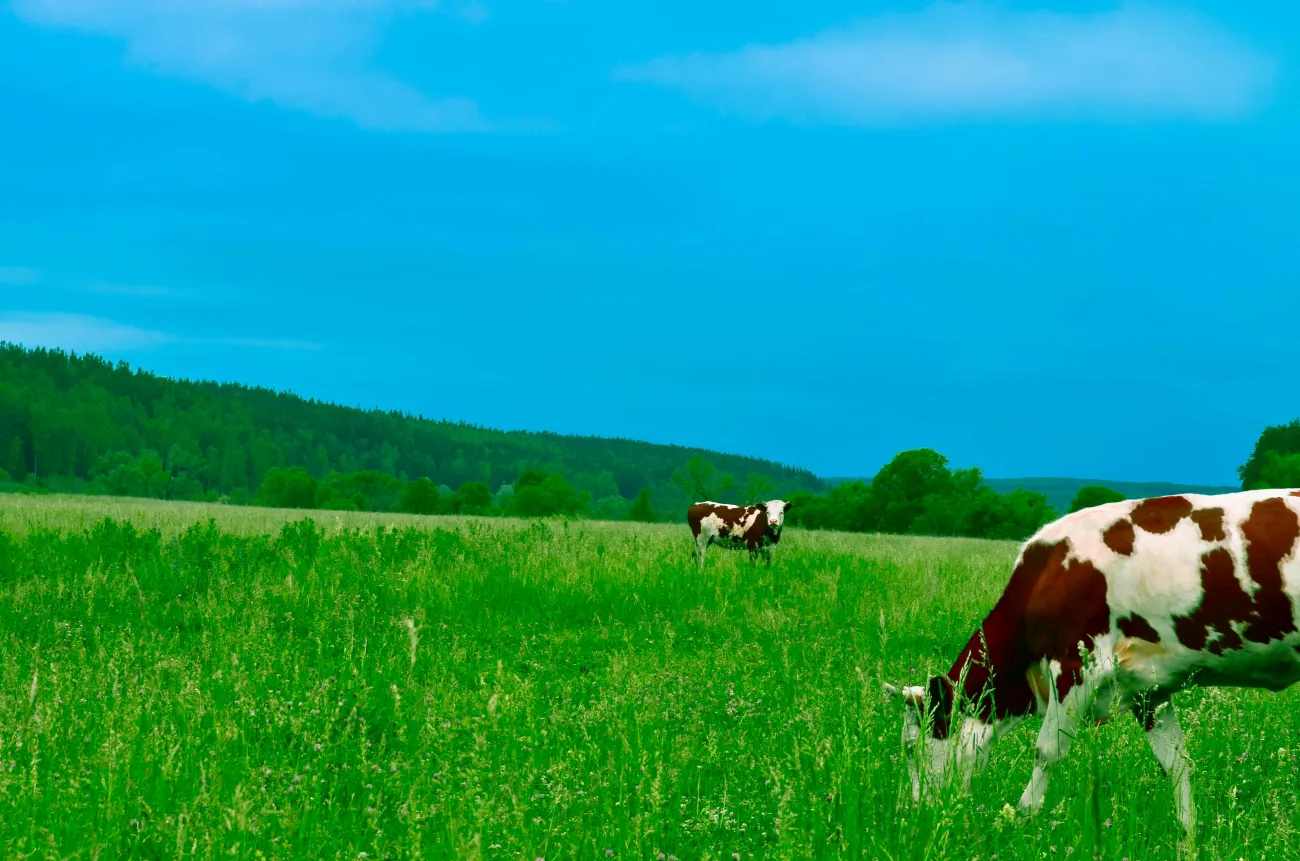This blog piece, by anthropologist Sarah Duignan of McMaster University, argues that a risk of cellular agriculture (i.e. lab-grown meat) is that some people may not benefit from the technology (despite its potential environmental benefits). For example, beef farmers may find themselves in similar difficulties to dairy farmers, who are struggling already because of decreased demand.

Duignan suggests that the best way forward is to use technology to support regenerative agriculture, plant-based protein production and food sovereignty movements (e.g. those led by indigenous people). As an example, Duignan describes a robotic weeder that uses machine learning to spray herbicides only where they are needed.
Read the full piece, Lab-grown meat could leave marginalised people in need, here. See also the Foodsource building block What is sustainable intensification?




Comments (0)